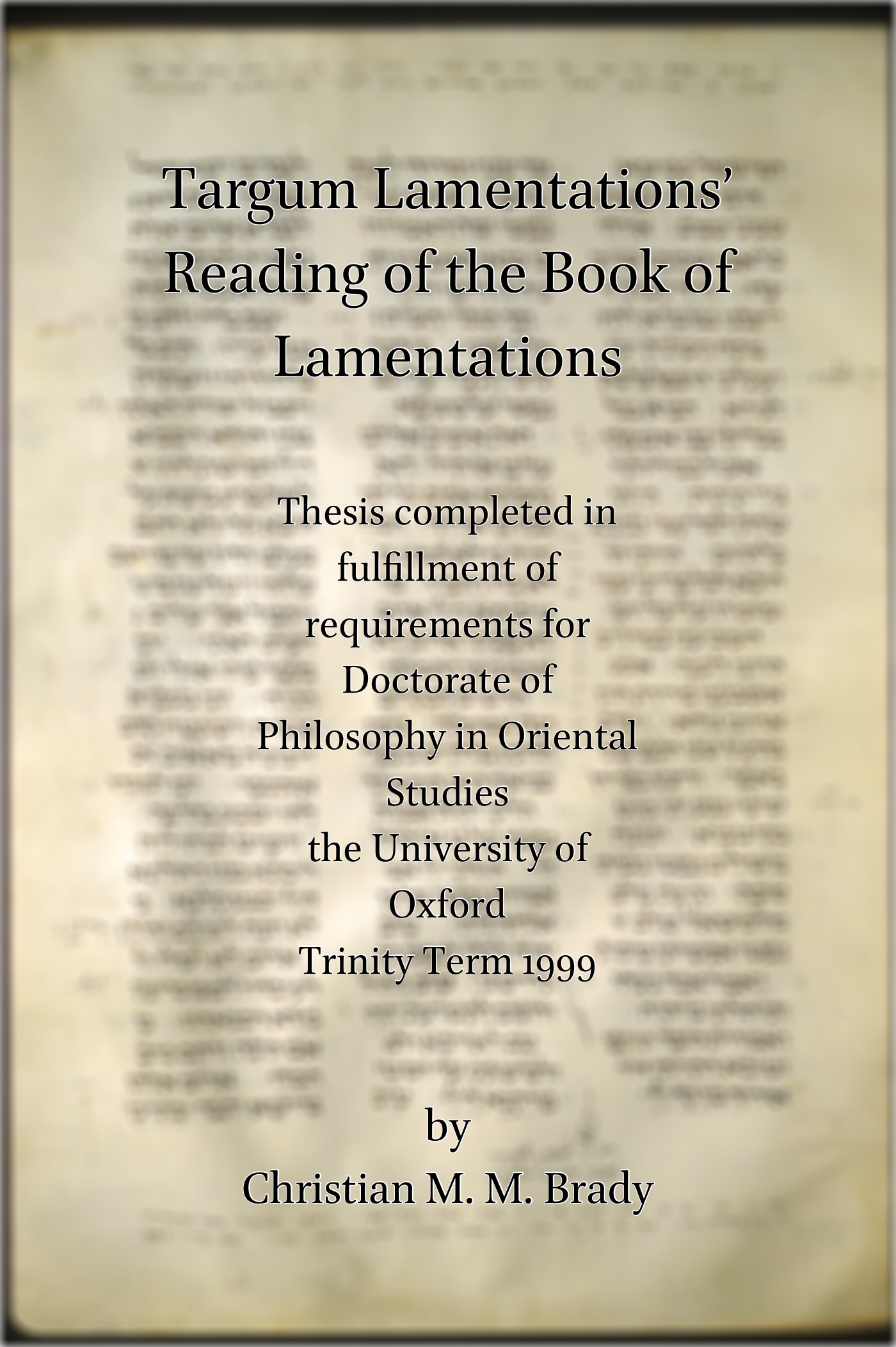This week’s lectionary readings are:
Numbers 21:4-9
Psalm 107:1-3, 17-22
Ephesians 2:1-10
John 3:14-21
The John passage has disturbed a clerical colleague because of the following portion. “18 Those who believe in him are not condemned; but those who do not believe are condemned already, because they have not believed in the name of the only Son of God.” (And the subsequent verses as well.) The concern is that taking this verse “literally” has been used to hurt and condemn people of other faiths. This led the colleague to say,
the Bible is far too important to take it literally
I am not sure I even know what that means. So I thought I would ask you, how important is the Bible? Is it “too important to take literally”? [mfn]Of course, we would need to define “literally.” I understand that as meaning when you are reading a parable, you understand it as a parable. This passage, however, is not a parable and is intended to be read as stated.[/mfn]




2 thoughts on “How important is the Bible?”
I find the comment “the Bible is far too important to take it literally” to be rather hermeneutically arrogant. All of us read some passages literally (depending on the definition thereof) and other passages not literally. We shift along that continuum over time and in different circumstances, as well as drawing upon the other two “senses” of scripture.
This person doesn’t like a straight-forward reading of Jesus’ statement for religious or political reasons, so he or she disqualifies those who take that position by means of an interpretive fiat. Only someone in power could make such a move.
I wonder, would this person also say that Micah 6:8 is too important to take literally?
Bryan – Exactly! Of course, as we both pointed out, the real debate should be how do we define “literally.”